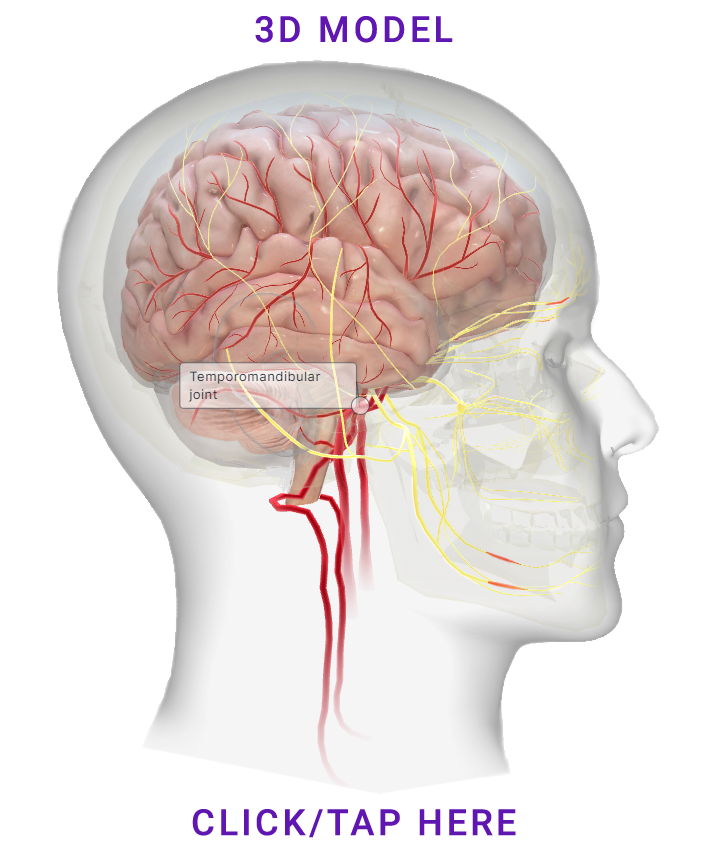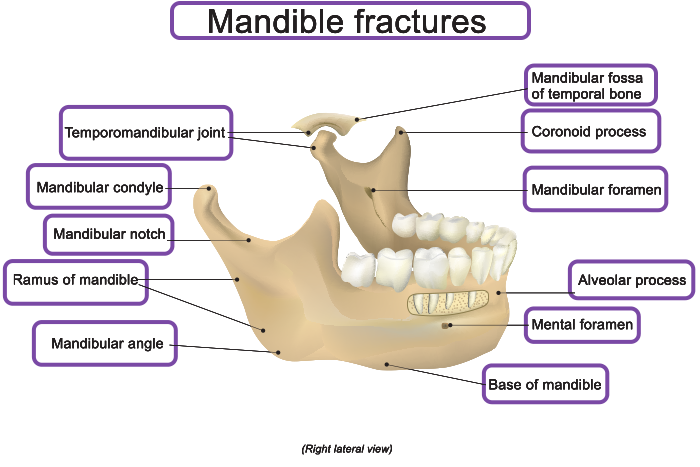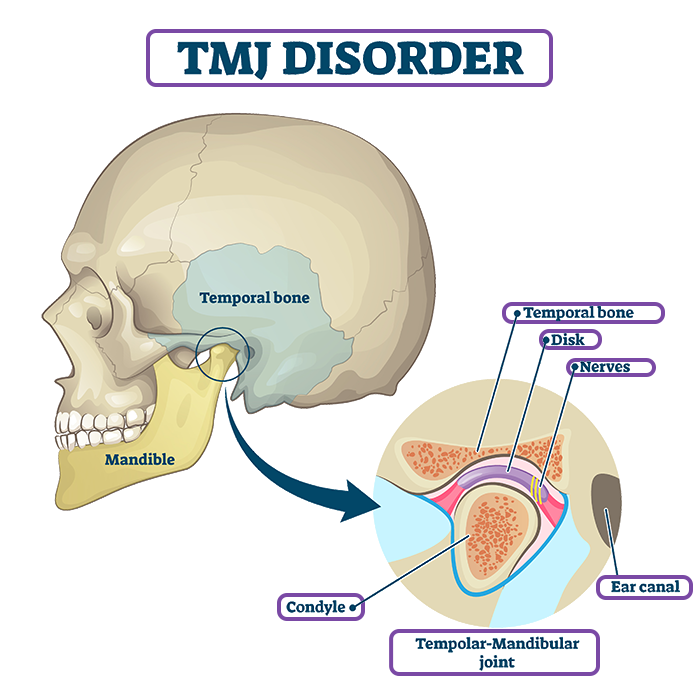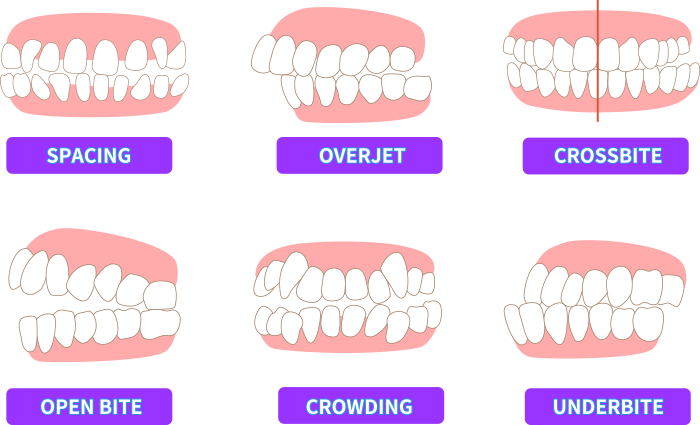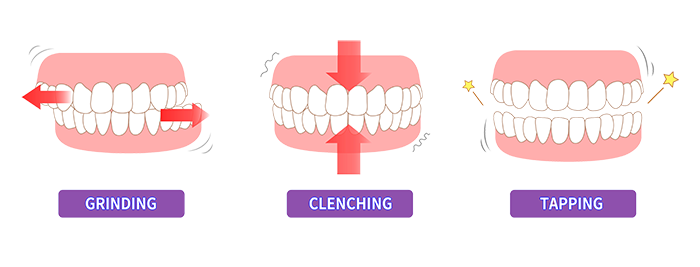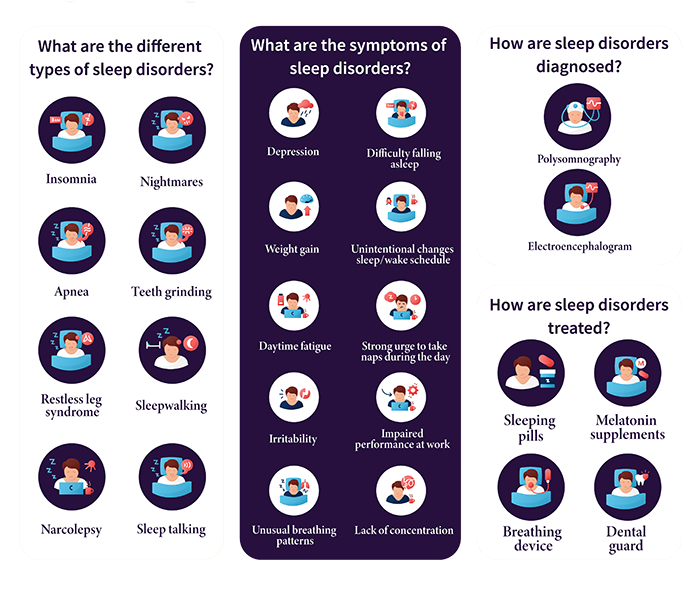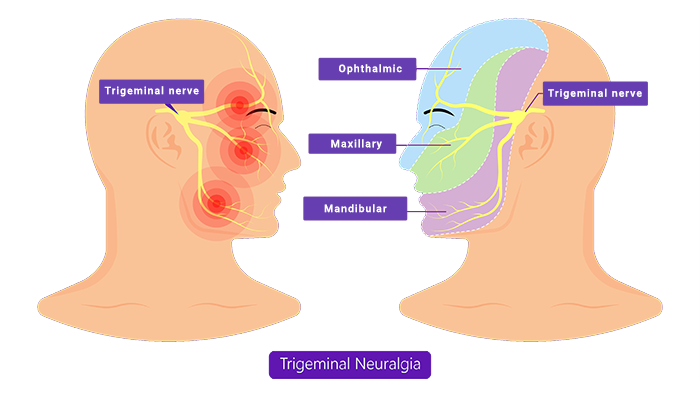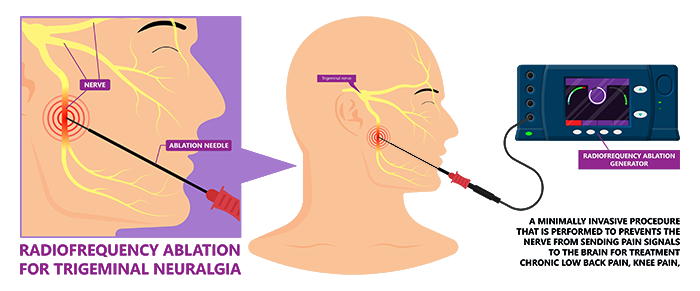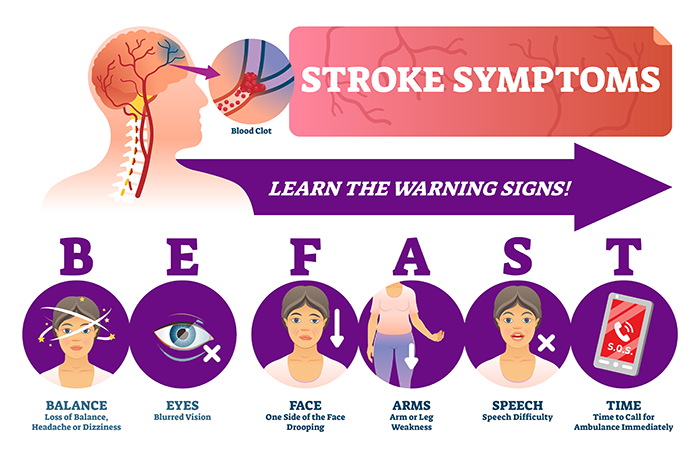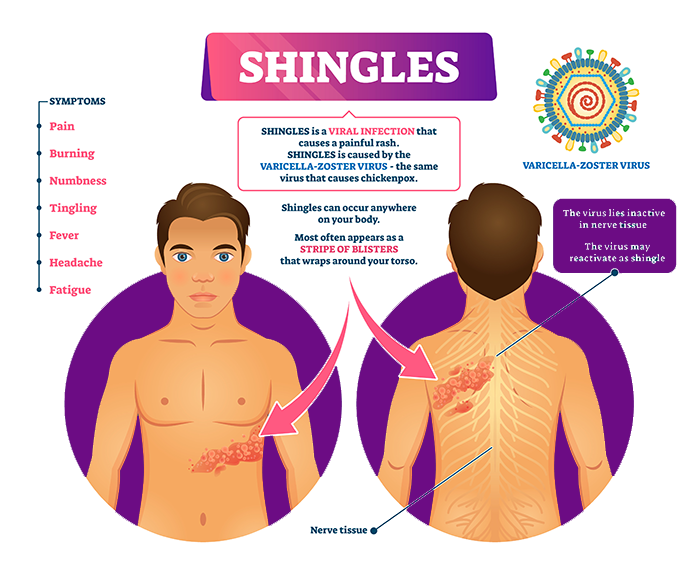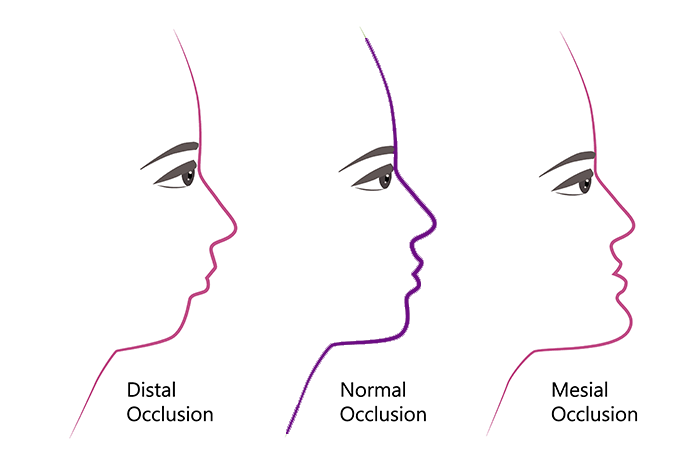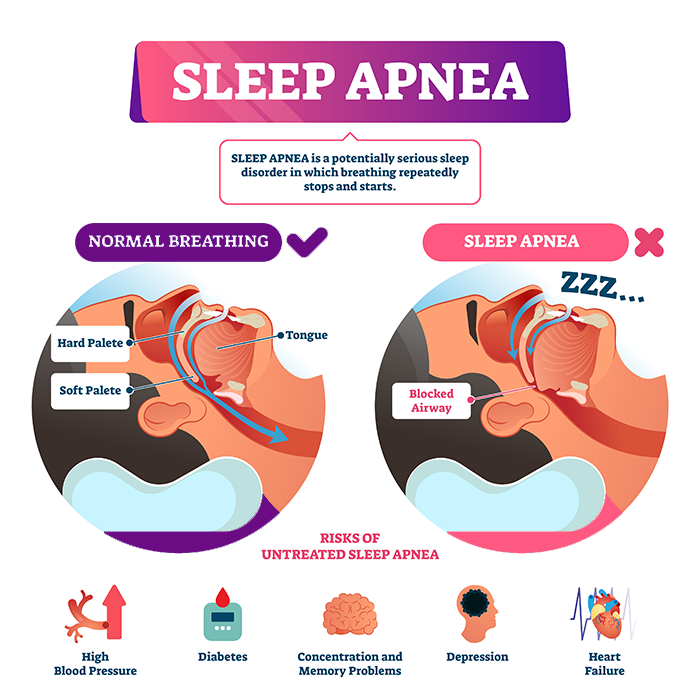Do you habitually grind your teeth, or not even aware if you grind your teeth?
If you answer ‘yes’ to any of these, you probably already know that you could be at risk for facial pain.
Rider and her staff are experts in preventing, diagnosing and treating oral and facial pain conditions.
When necessary, we work closely with primary physicians, your other care providers, and dentist to develop the most effective course of treatment for you.
